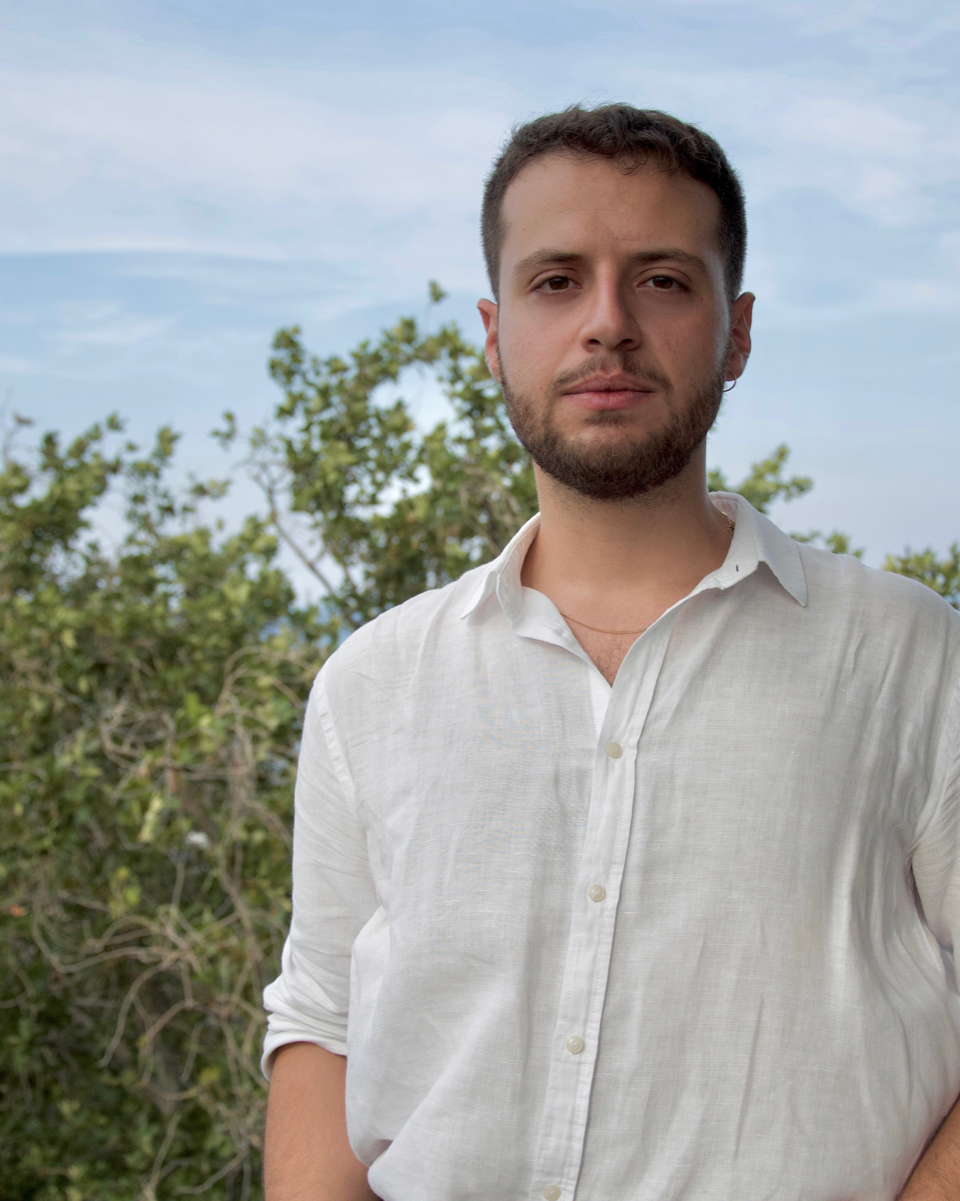CNRS, Université Paris Cité "Sen1 is a key regulator of transcription-driven conflicts."Molecular Cell. DOI:10.1016/ j.molcel.2022.06.021Aiello U, Challal D, Wentzinger G, Lengronne A, Appanah R, Pasero P, Palancade B, Libri D. (2022)
Resumee
Umberto Aiello, 28 years old, studied Genetics and Molecular Biology in Sapienza, University of Rome (Italy) and at Université Paris Cité (France), in the frame of a MIEM fellowship program. He recently obtained his PhD in Genetics from Université Paris Cité preparing a thesis entitled “Maintaining distance within the genome: the role of Sen1 and RNases H”, under the supervision of Domenico Libri (CNRS). Focus of this work was to investigate the molecular mechanisms that ensure the proper coordination of the machineries that simultaneously occupy the DNA, with a particular emphasis on transcription-replication conflicts. This project also lead to the development of a novel approach for the high-resolution and strand specific genome-wide mapping of R-loops, non-canonical nucleic acid structures. Umberto is interested in gene expression, its homeostasis and on RNA metabolism. He is currently pursuing his postdoctoral training at Stanford University (USA).
Contact
Umberto AIELLO, PhD
Université Paris Cité, CNRS
Institut Jacques Monod
15, rue Hélène Brion
75013 Paris, France
Résumé de l'article
Cellular homeostasis requires the coordination of several machineries concurrently engaged in the DNA. Wide-spread transcription can interfere with other processes, and transcription-replication conflicts (TRCs) threaten genome stability. The conserved Sen1 helicase not only terminates non-coding transcription but also interacts with the replisome and reportedly resolves genotoxic R-loops. Sen1 prevents genomic instability, but how this relates to its molecular functions remains unclear. We generated high-resolution, genome-wide maps of transcription-dependent conflicts and R-loops using a Sen1 mutant that has lost interaction with the replisome but is termination proficient. We show that, under physiological conditions, Sen1 removes RNA polymerase II at TRCs within genes and the rDNA and at sites of transcription-transcription conflicts, thus qualifying as a “key regulator of conflicts.” We demonstrate that genomic stability is affected by Sen1 mutation only when in addition to its role at the replisome, the termination of non-coding transcription or R-loop removal are additionally compromised.




